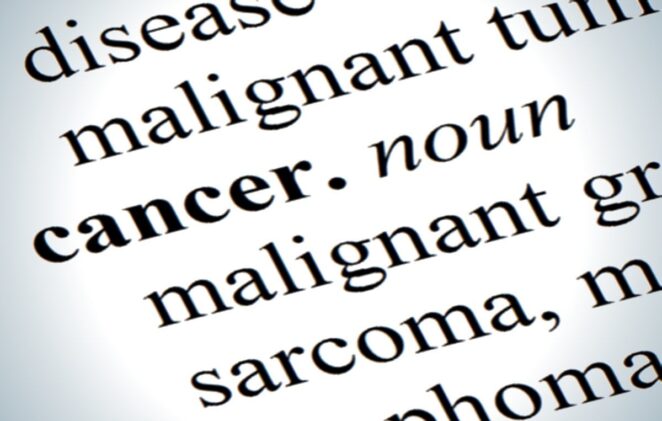
The first time finding a cure for cancer ever showed up on the presidential radar (the start of the war on cancer) was in the early 1970s, when President Nixon signed the National Cancer Act. The bill, passed in 1971, provided more funding to the National Cancer Institute (NCI) and the National Institutes of Health (NIH) to identify new treatments and diagnostic tools, and “advance the national effort against cancer.”
Every administration has made the “war on cancer” a national mandate, but how close are we in winning that war? And as we stand in 2016, many scientists who deal with all forms of the disease would say that we’re winning the war for sure, but the bigger question is: Would we ever stop fighting? And the answer is no.
“Let’s make America the country that cures cancer once and for all,” President Obama declared Tuesday night during his last State of the Union Address. His remark, a statement uttered by many a political leader since Nixon, is certainly a pretty sound bite, but to achieve it, we have a great deal of work to do.
Now, I am hopeful about America’s war on cancer, and some of the country’s leading experts on this disease agree. Anna Barker, previously the deputy director of the NCI, told me during a Fox News special in 2010, “Winning the War on Cancer,” that “at this juncture, I see more promise to really advance against this disease than I’ve seen in the last 35 or so years.” Another topic discussed was the promise of personalized treatment and immunotherapy— two approaches that continue to be integral in the progression of the war on cancer today.
“I see this as one of the more exciting new developments in the treatment of cancer,” Steven Rosenberg, who is still the chief of surgery and a research scientist at the NCI, told me in 2010.
Looking back, we’ve definitely come a long way in screening and diagnosing cancers early, and clearly coming up with a multitude of different technologies that we hope will one day eradicate the development of tumors all together. But we still don’t know for sure what causes cells to mutate, then divide and spread— some scientists think it’s bad luck, while others say it’s due to choices we make every day. There are also many kinds of cancer that are difficult to diagnose until they’re late-stage— and by then, are more challenging to treat— from pancreatic cancer, to ovarian cancer and lung cancer.
And there still remains a lot to be learned about the genetics of the human body as they relate to cancer development, in a world population faced with compromising lifestyle factors and environmental factors that are seriously out of control. Air pollution, smoking, dirty water and poor housing— you name it— all of these factors can affect our disease risk, and measures to improve those factors must be propelled if we want to reduce the incidence of cancer among Americans.
On Tuesday, President Obama said that, with regards to finding a cure for cancer, he wants to accomplish in five years what would normally take a decade to achieve. Many political leaders have spouted off similar wishes, and I’m sure they have all meant it. But saying that we can “cure” all forms of cancer at any stage of its development is an overstatement at present.
Now, America has the best scientists in the world. It’s filled with brave men and women who are working around the clock every day to find effective treatments, early diagnostic tools and therapies to keep cancer at bay, and provide those people who are afflicted with the disease with effective treatments that could let them live a long, healthy life. With all those things in our favor, I remain optimistic about the “war on cancer”— and our nation’s ability to fight it— but there’s still much progress that needs to be made.
